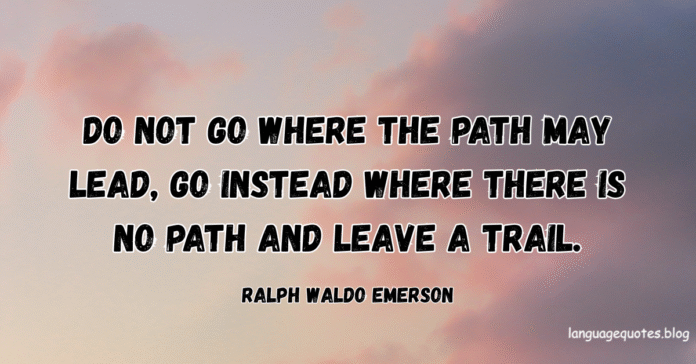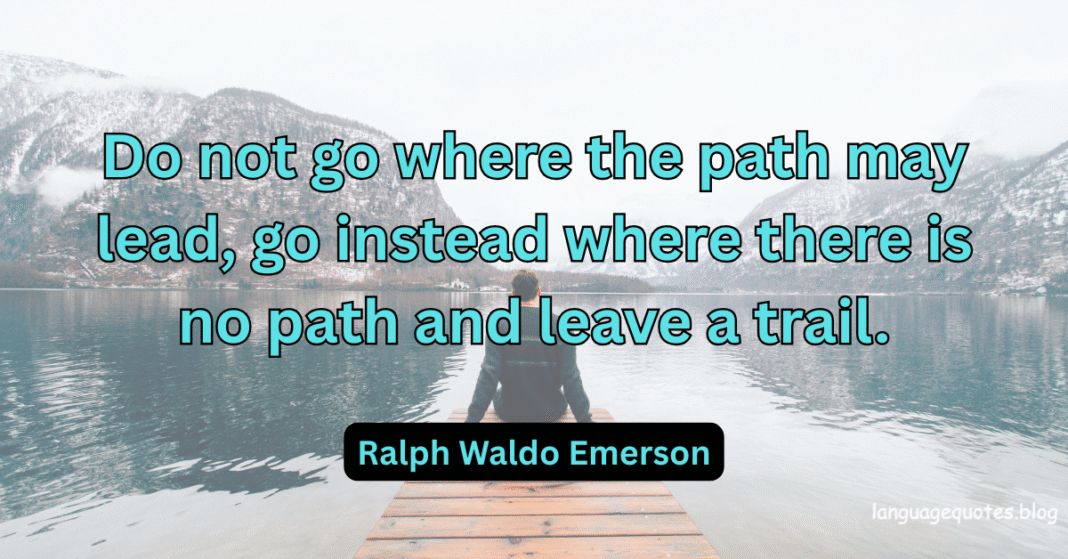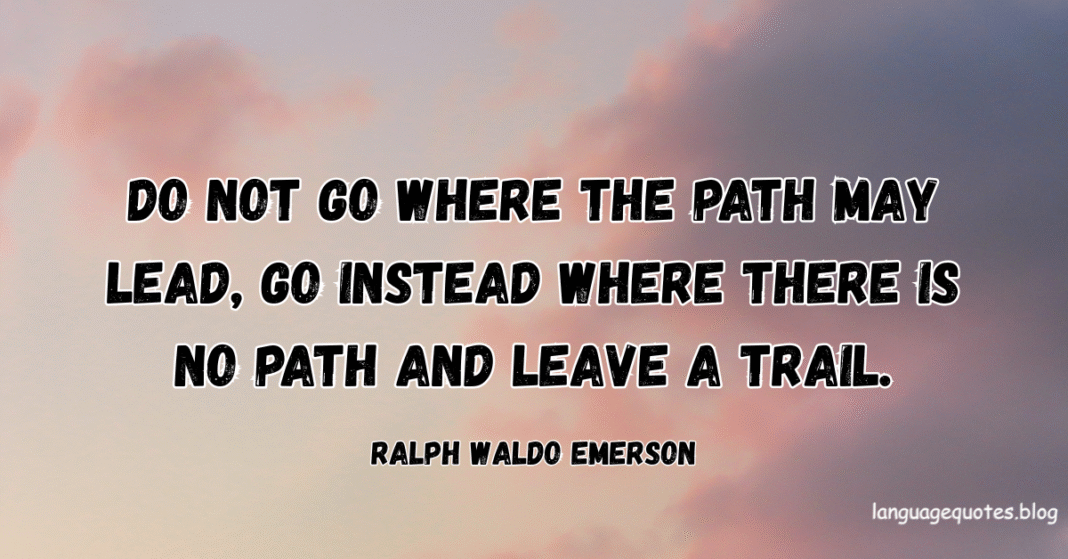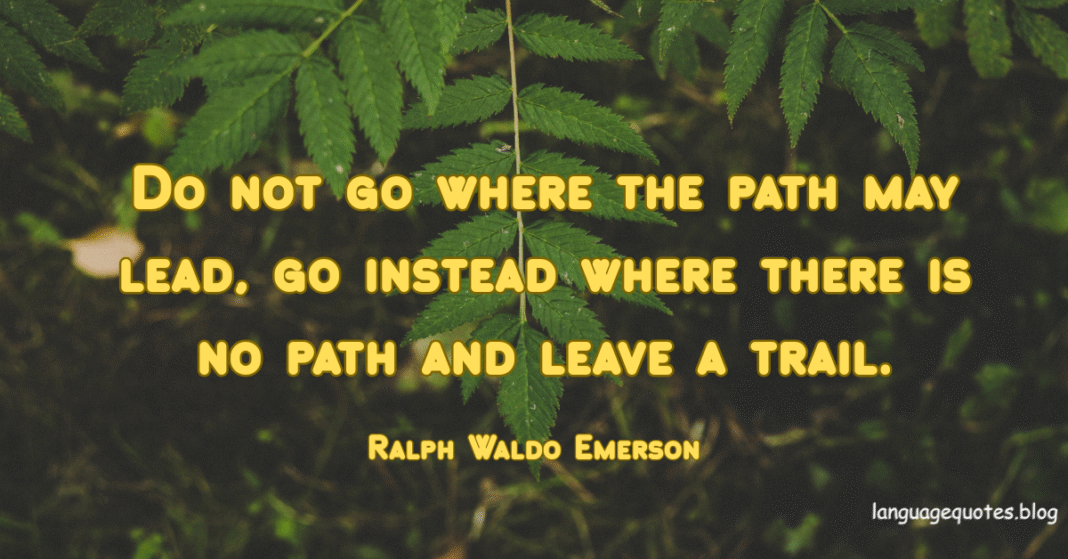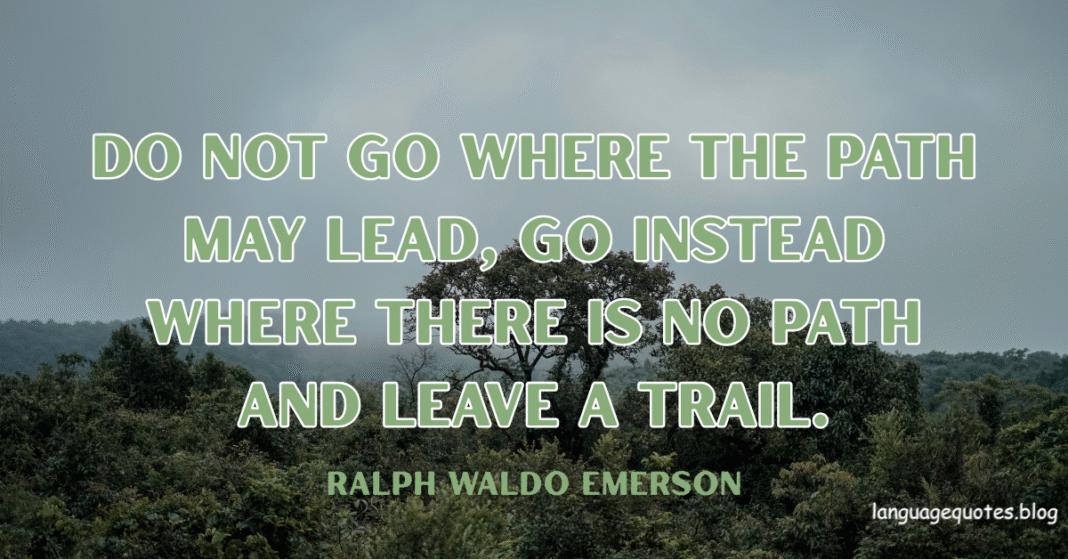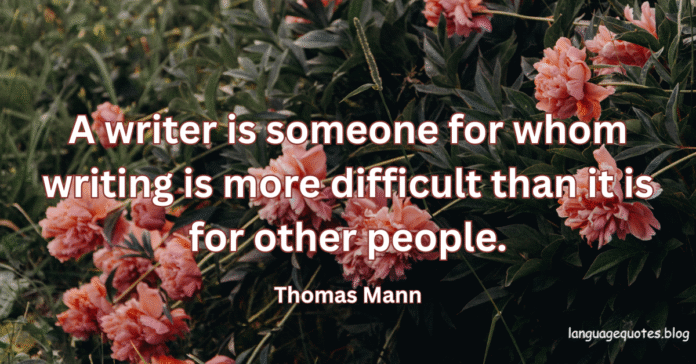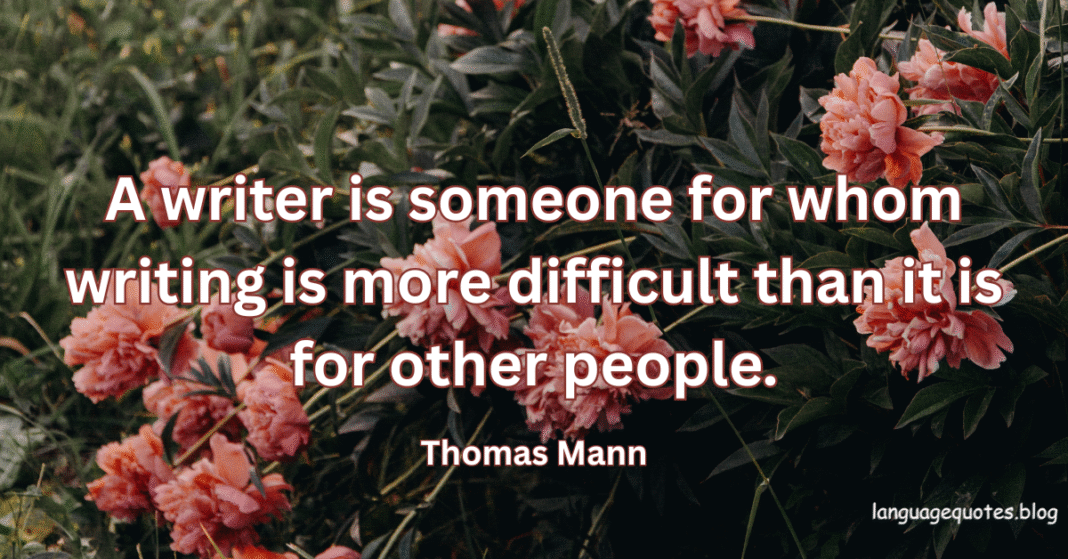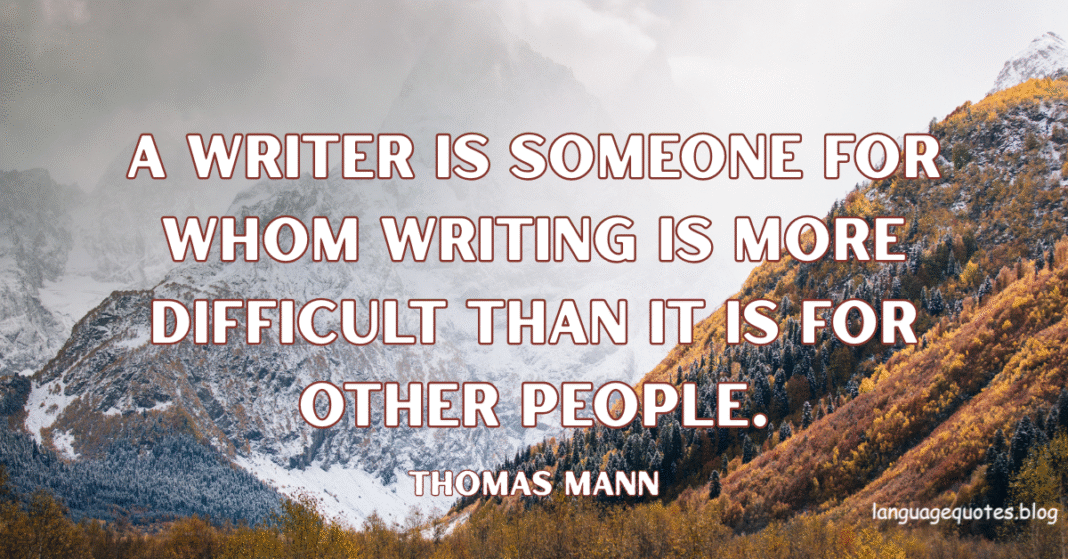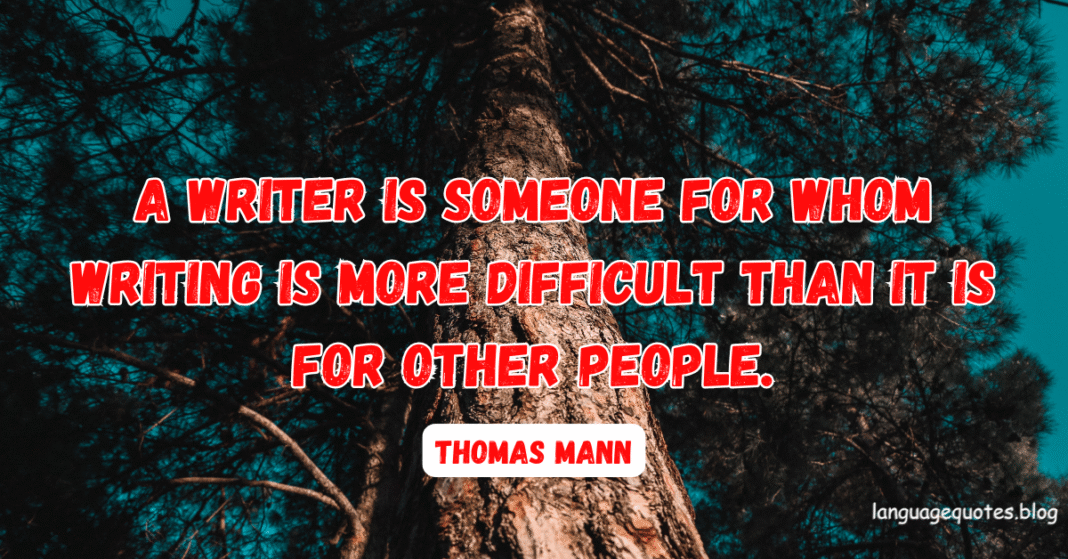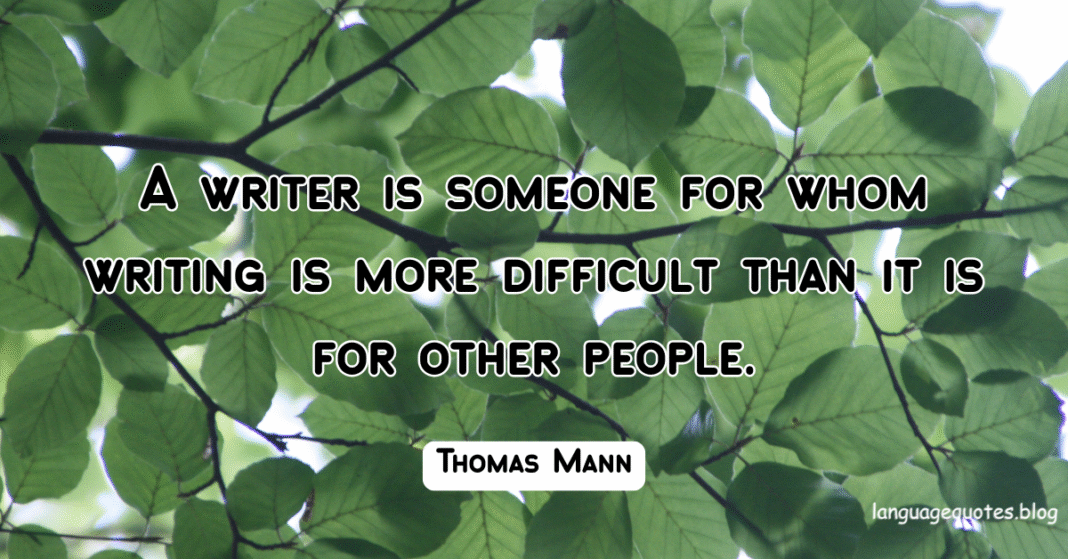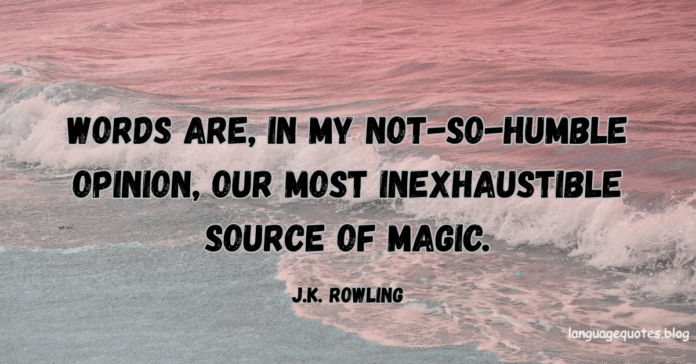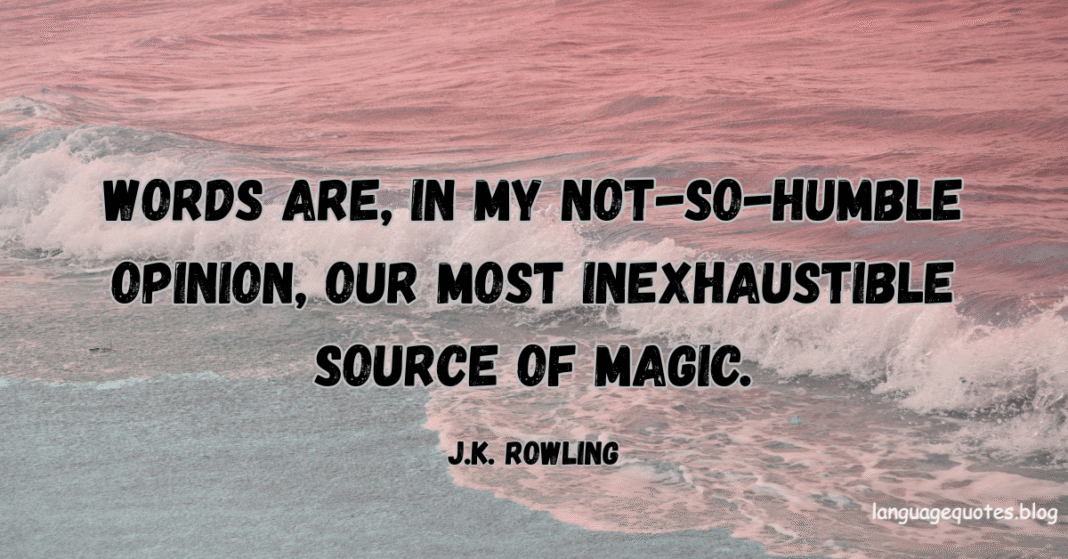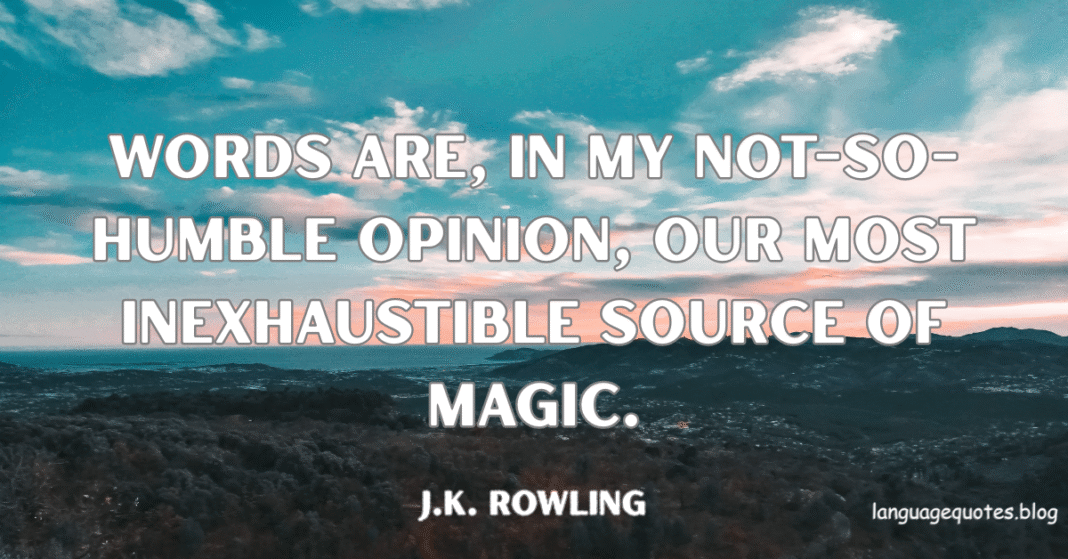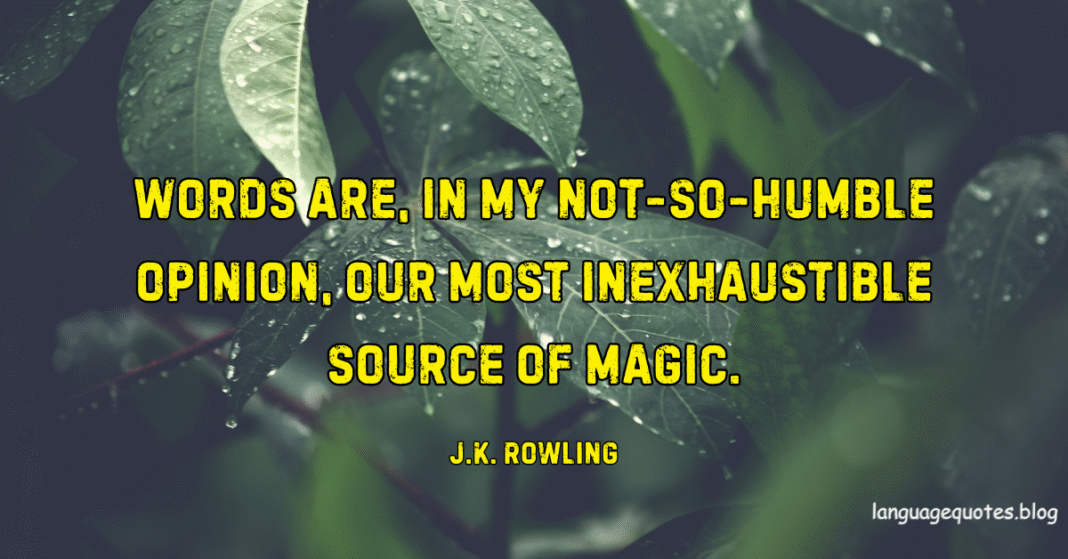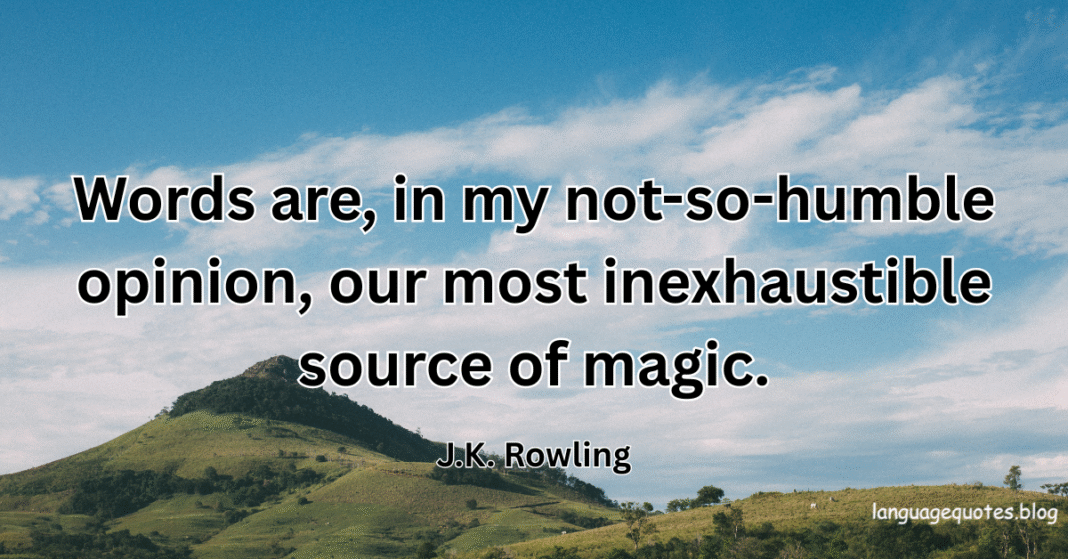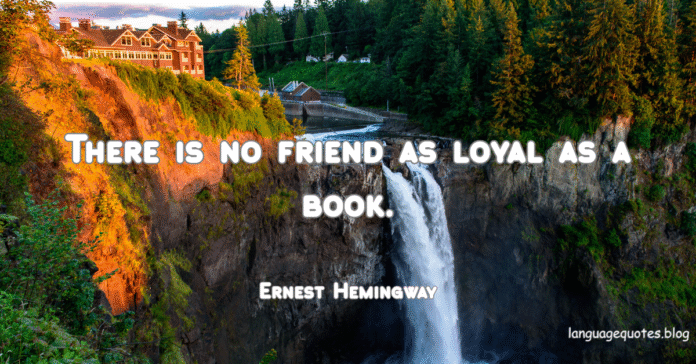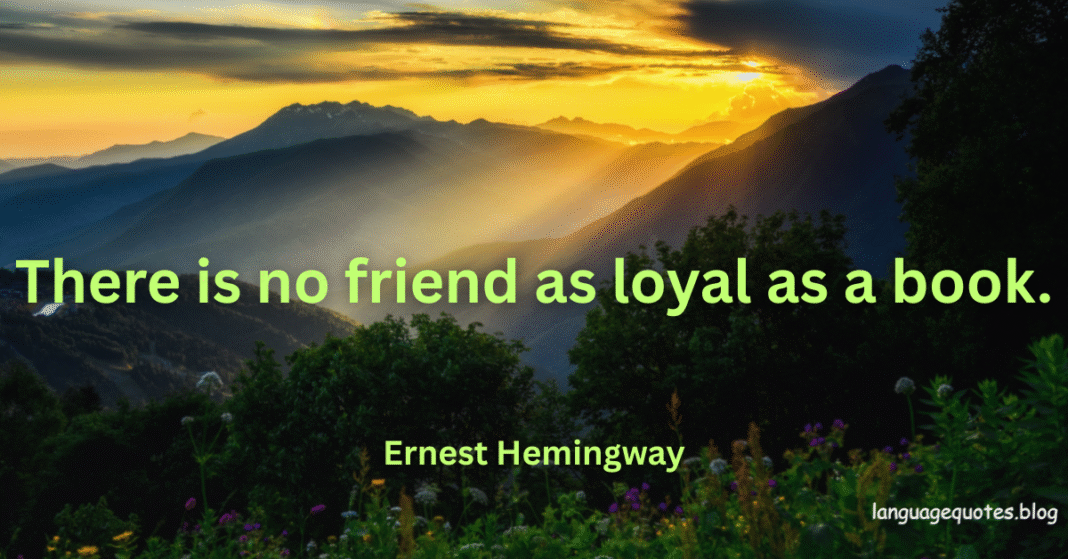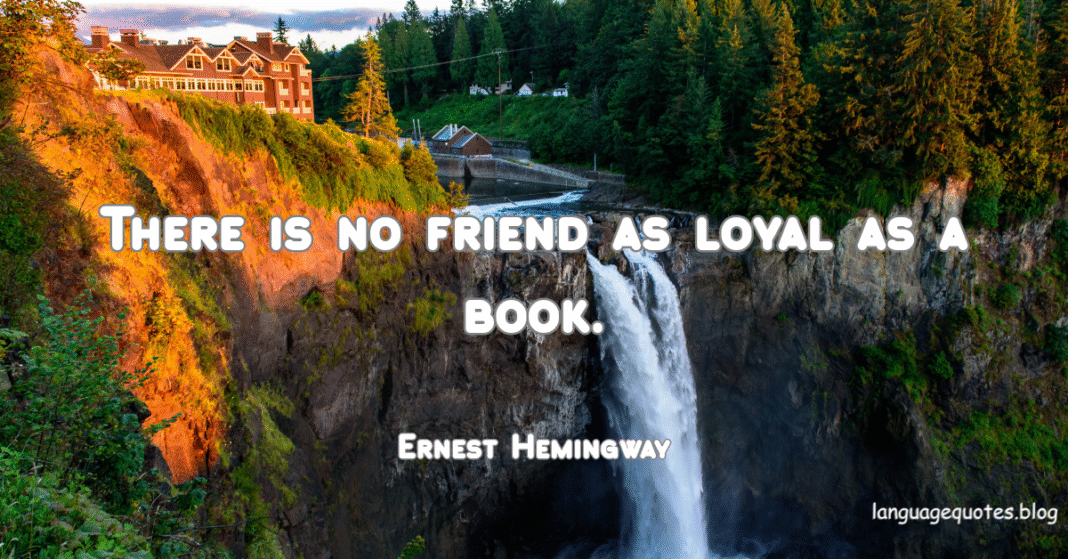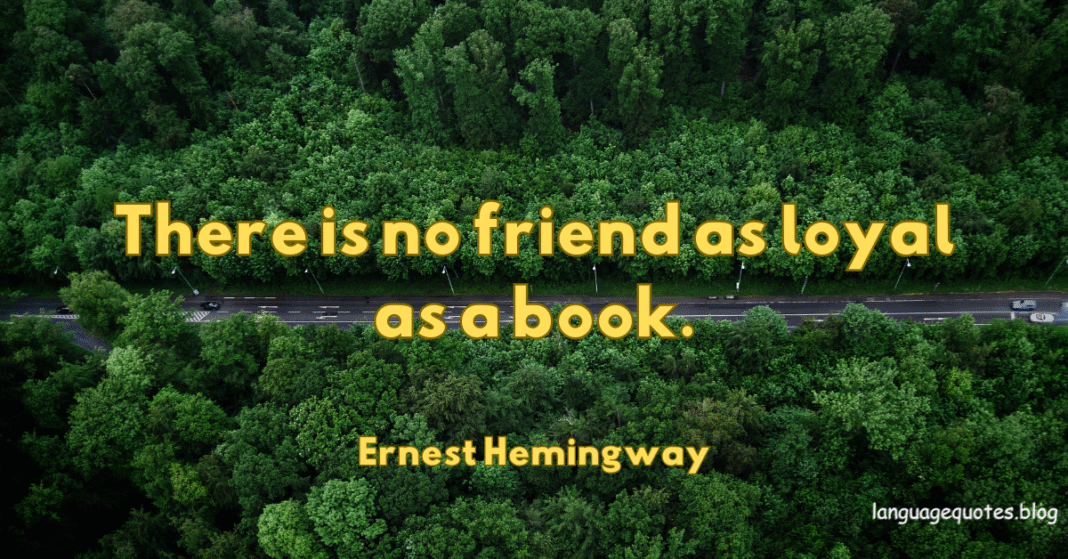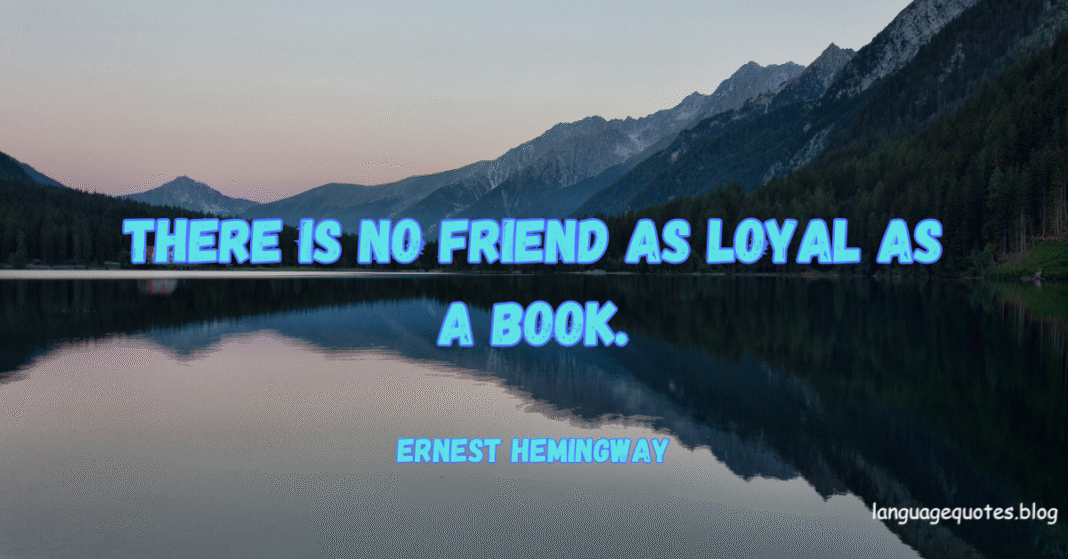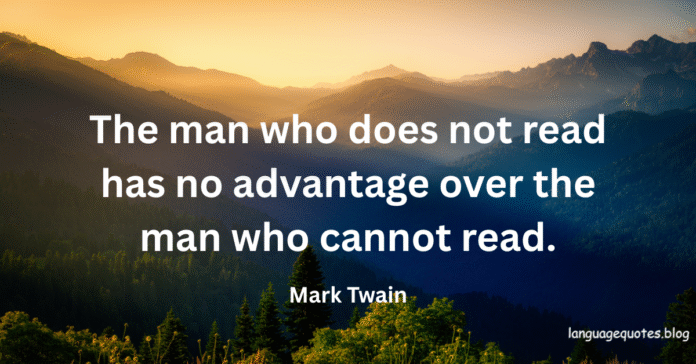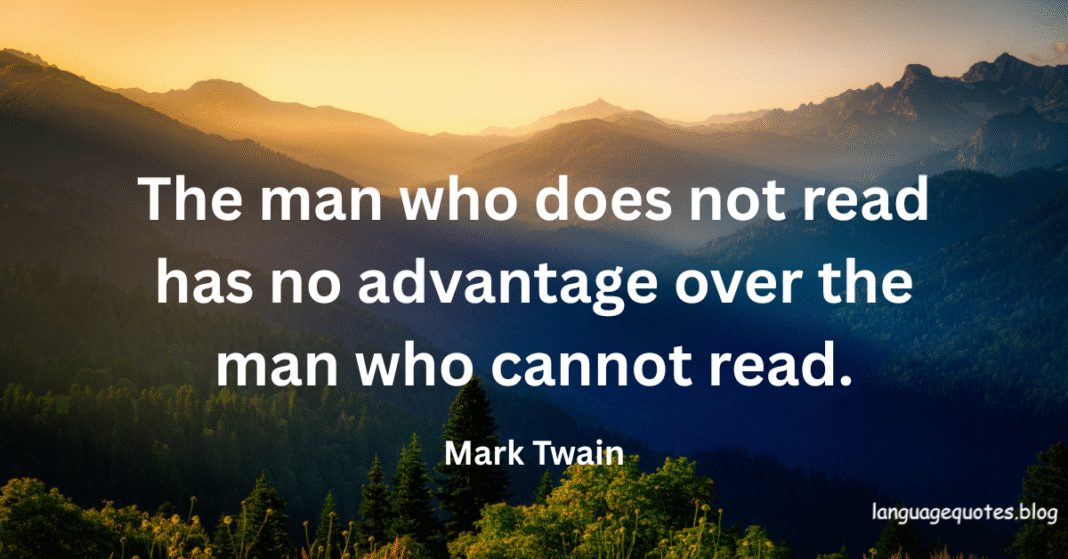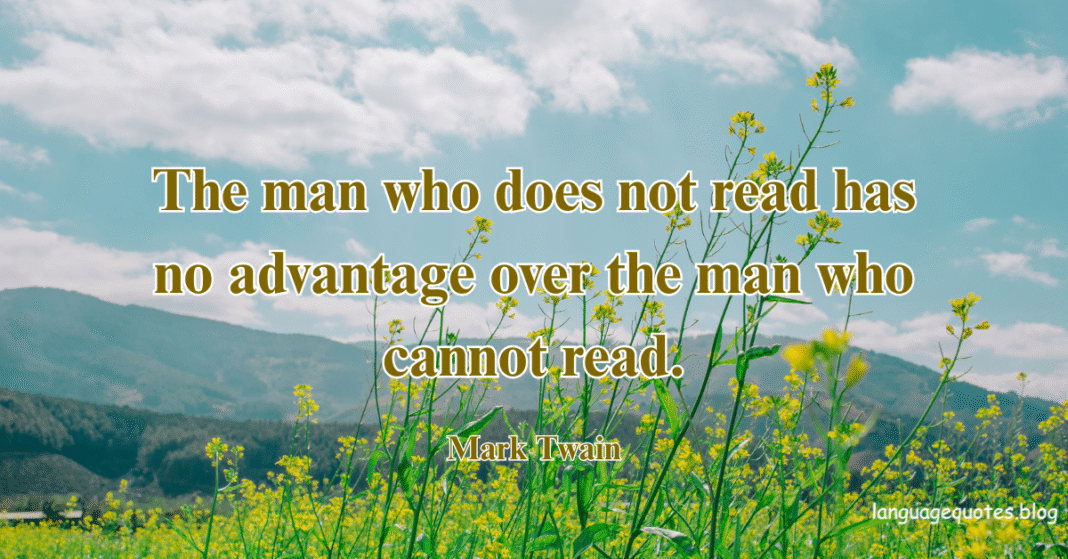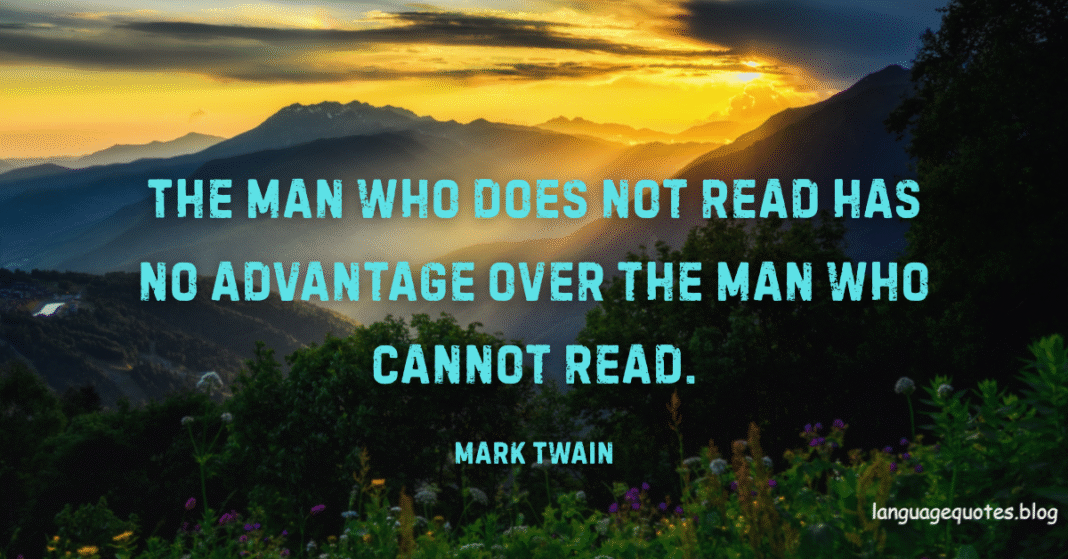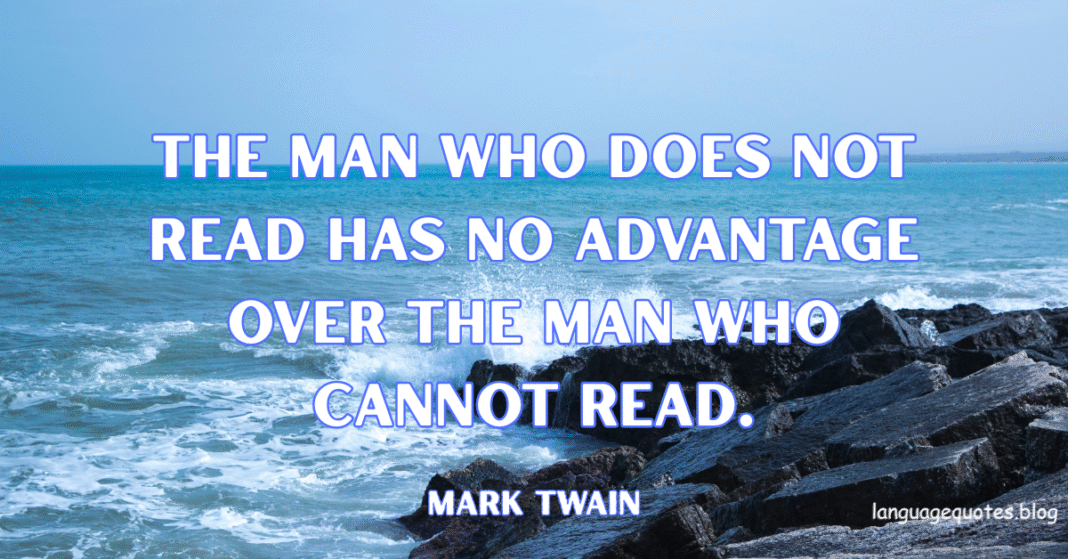“Do not go where the path may lead, go instead where there is no path and leave a trail.” — Ralph Waldo Emerson
💬 2-Line Comment:
Emerson reminds us that greatness doesn’t come from following paths—it comes from creating them. Don’t just walk the road; build one that others will be proud to follow.
🌿 Introduction: The Essence of Individualism
Ralph Waldo Emerson, the great American essayist and philosopher, was a central figure in the Transcendentalist movement—a school of thought that emphasized individuality, intuition, nature, and self-reliance. This quote is perhaps one of his most famous and frequently cited lines. And for good reason: in a single sentence, it captures the courage and vision required to live authentically.
Rather than following the crowd or conforming to societal expectations, Emerson urges us to become pioneers of our own destiny. He doesn’t just encourage us to reject convention—he calls us to build new paths, to leave behind a legacy forged through originality, bravery, and intention.
🛤 The Illusion of Safety in the Known Path
Most people gravitate toward the familiar. It’s natural. The roads others have taken seem safer, more reliable, and easier to navigate. Society rewards those who play by the rules, follow expected timelines, and check traditional boxes. But Emerson warns us against blindly following this route.
The “path” he refers to symbolizes conformity—the decisions, careers, and lifestyles dictated by culture, tradition, or peer pressure. It might lead to comfort, but rarely to greatness. Emerson challenges us to question whether the paths we walk are truly ours or merely inherited. The trail we leave behind, on the other hand, is uniquely our own—shaped by risk, creativity, and integrity.
🔍 Carving Your Own Trail: What It Really Means
“Leaving a trail” doesn’t mean being rebellious for the sake of rebellion. It means listening to your inner voice, recognizing your unique values, and daring to live by them, even when it’s difficult or unpopular. It means doing work that matters to you, even if it’s not trendy. It means being your most honest and authentic self, regardless of others’ expectations.
Leaving a trail could be starting your own business instead of following a traditional career. It could be writing a book that challenges norms, choosing a lifestyle that reflects your ethics, or creating art that speaks from the soul. These acts might not come with immediate approval, but they create lasting impact—inspiring others to do the same.
💡 Innovation Is Born Off the Beaten Path
This quote also speaks directly to innovation and progress. All breakthroughs—scientific, artistic, technological, or philosophical—come from people who refused to walk the same well-worn trail. Those who go “where there is no path” are the ones who imagine new worlds, solve deep problems, and reshape history.
Think of trailblazers like Marie Curie, Nikola Tesla, Steve Jobs, or Malala Yousafzai. They challenged the norms of their time and left behind powerful legacies. Their journeys weren’t easy, but they were transformative—both for themselves and for the world. Emerson is urging us not just to follow such examples, but to become one.
🧭 The Courage to Choose a Difficult Path
Emerson’s quote acknowledges that creating your own trail isn’t simple. It’s not easy to walk alone, to be misunderstood, or to take risks when success isn’t guaranteed. The absence of a path means the absence of clear direction or affirmation.
But therein lies the beauty: you are free to define your own rules, goals, and values. There are no footprints to follow, so your journey becomes a reflection of your personal vision. That’s the very definition of freedom and authenticity.
The road less traveled may be rocky, but it also offers the most breathtaking views. Emerson tells us that it’s worth it—not because it’s easy, but because it’s yours.
🌱 Philosophical and Spiritual Depth
From a spiritual or philosophical lens, this quote reflects Emerson’s deep belief in transcendence and self-realization. He believed every person has a divine spark—a unique essence that should be nurtured rather than suppressed. Conformity, in his eyes, was spiritual laziness. True growth occurs when we trust our intuition, connect with nature, and live with purpose.
In this context, leaving a trail is not just about worldly success but about leaving behind a soul-print—a trace of your presence, values, and impact on the lives you touch and the world you inhabit.
📝 Conclusion: Blaze the Trail, Inspire the World
“Do not go where the path may lead, go instead where there is no path and leave a trail.” This is not just a motivational quote—it’s a call to action. Emerson challenges us to live bravely, to resist the pull of conformity, and to forge a meaningful life on our own terms.
We all arrive in a world filled with ready-made paths, but our true purpose is not to simply walk them—it is to ask deeper questions, imagine better futures, and leave a trail worth following. That trail might not be wide or easy to walk, but it will be unforgettable—because it will be yours.
If even a few people are inspired by the footprints you leave behind, you’ve not only honored yourself but helped light the way for others. And in that, you fulfill Emerson’s timeless wisdom.

